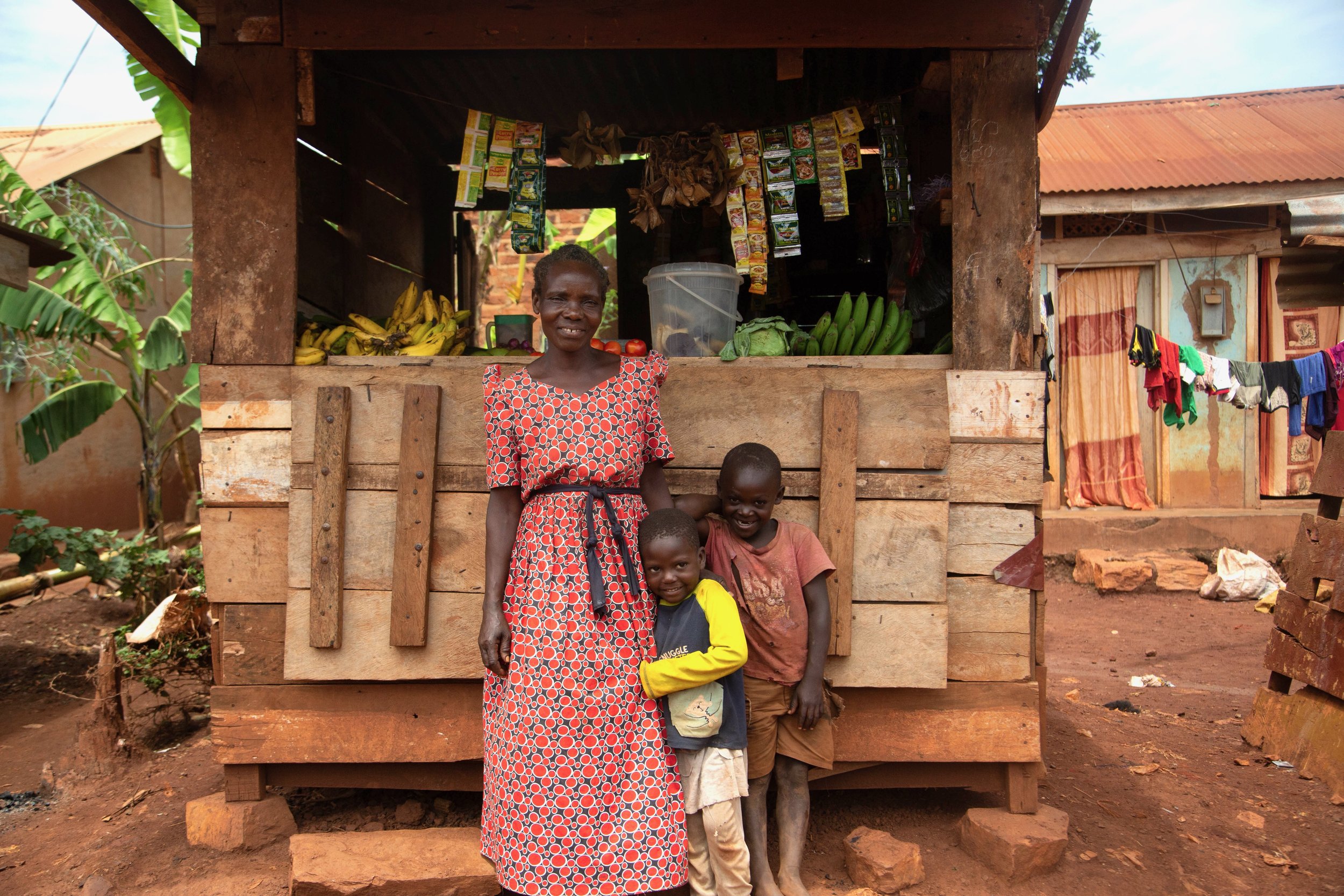Strengthening Communities: 2021 Christmas Eve Offering
Christmas points us toward God who came to be with us, and made himself the answer to our need. It has become an annual tradition at Summit Church to give the entirety of the offering collected on Christmas Eve to an organization doing God-honoring work in the world by responding to the needs of the vulnerable. We are excited and inspired this year to share our Christmas Eve offering with two organizations, Africa Windmill Project and Otem Collective.
We celebrate not just the work God is doing through these great organizations, but also the work he has done through individuals who call Summit home. Both organizations began with a story of God breaking the heart of a Summit partner in order to call them toward work for which he had uniquely prepared them. One recipient of this year’s offering, Otem Collective, is in the early stages of engaging orphanages in creating trauma-informed, family-based models of care in order to stabilize children and families in Uganda. Our other recipient, Africa Windmill Project, has matured over the last decade and now, through it’s local leadership in Malawi, is working to secure family stability through sustainable farming for all of Malawi.
We can’t wait to see what more God will do through your support this Christmas Eve. To hear more about their stories and ways God has been at work, we sat down for a conversation with the leaders of these organizations...
Can you share a little about what led you to start your organizations? What burdens did God put on your hearts, and how did you see him equipping you?
John (Africa Windmill Project): For me, it began with a mission trip to Costa Rica that Summit led back in 2006. That experience showed me that I could use my gifts to bless others. The next year I went with Summit to Malawi. I was talking to a farmer out in a remote area, who shared how hard it is during the dry season. If he didn’t grow enough crops in the rainy season, which only lasts three to four months, he wouldn’t have food for his family the rest of the year. I’m an architect and I grew up in Texas where there are windmills everywhere pumping water for the ranchers. Back when I was in school, one of my first projects was sketching historic windmills. So I sketched one and showed him, and he thought it was a great idea to be able to farm year round, but he didn’t know how to build one.
Kimberly (Africa Windmill Project): When John got back from that trip, he couldn’t rest, thinking about people needing irrigation. It was clear that God had placed a burden on him for this.
John (Africa Windmill Project): Kimberly and I have kids. And in those villages I saw kids, 10 or 12 years old, who were the same size as my (then) four-year-old son, because their growth was stunted due to malnutrition. And that kept me up at night. There’s no reason for a child to go hungry in this day and age.
Kristen (Otem Collective): Otem Collective is a much younger organization, but its origin really goes back sixteen years. In high school, God made it very clear to me that I would start a nonprofit, so I prayed that he would give me a very specific vision and mission. In the fifteen years of waiting for the answer to that prayer, I pursued my passion of strengthening families and communities. I got my undergraduate degree in Family, Youth, and Community Sciences, I worked at Summit for a while in the children's ministry, and I even had an internship with John and Kimberly at Africa Windmill Project. I went on to work with some other nonprofits as well, traveled internationally, then went back to school and studied International Development.
Kristen (Otem Collective): After grad school, I worked for an organization for a few years that had programs for orphaned and vulnerable children in Northern Uganda. I remember talking to a girl who was sixteen at the time. She had grown up in a children's home 45 minutes away from her village, separated from her parents and brothers. She said to me, “Being apart is hard.” So many families like hers get into situations where they can't care for their kids, where they can't feed them or clothe them, or pay their school fees, and sending them to an orphanage feels like the only good option. That conversation with her has stuck with me and is ultimately the driving force for what I'm doing today in combating family separation.
Kristen, tell us more about the name, “Otem Collective.” What does that mean?
Kristen (Otem Collective): A few years ago, right after God gave me the vision for the organization, I flew to Uganda. That first night, as I was lying in my hotel bed with jetlag, the word, “Otem,” came to me. I’d never heard it before, but I knew it was a Lango word, the language of the tribe I had been working with in Northern Uganda. Later I asked a friend about it and learned it was an old term for the central gathering place in a traditional Ugandan village. It was where families would come together and elders would teach children, and they would share stories and eat and dance together. The otem was a symbol of family and community. It represented everything I dreamed this organization would be.
John and Kimberly, when you look back on the years since Africa Windmill project began, what are some of the ways you’ve seen God at work in the impact of the organization over time?
Kimberly (Africa Windmill Project): There are just so many reminders of God's presence and His faithfulness. We have staff like Joseph, who is in charge of all of our programs. He was a kid in the village of Mgwayi when they built that first prototype windmill. Now he's the head of our workshop, overseeing production and training.
John (Africa Windmill Project): And Japhet—he was a farmer I met in 2009. He and his family were suffering from malnutrition. We started doing agricultural training in his village, and Japhet went from being dependent on the rainy season, with barely enough to survive, to growing food year round. He was able to care for his family, expand his farm, and become an entrepreneur. Men from a nearby village wanted to understand his success, so Japhet came back to Africa Windmill Project and asked for supplies so he could start an agricultural club. He began leading his own trainings for his neighbors, passing on what he’d learned.
Kimberly (Africa Windmill Project): It’s been really amazing to see over time how an agriculture-focused organization can so clearly give glory to God, but also how God is building his church through it. One time as we were leaving a village in Malawi, a man came up to us and said, “We thank you for the irrigation. We thank you for this training, but can we please have a Bible?” He’d seen our trainers and Malawian staff open their Bibles and read Scripture, and he wanted a way to continue to study God’s Word even when the trainers weren’t there. It helped me see so clearly that when you've met one kind of hunger, it frees up this other hunger to also be met.
Kristen, can you tell us about some of your partners working in Uganda?
Kristen (Otem Collective): We believe that long lasting, sustainable change only happens by tapping into local resources—local leaders with expertise in the culture, the context, the laws and social systems… especially when you’re working with children. All of Otem Collective’s work happens in collaboration with existing Ugandan organizations. We’ve started a multi-year partnership with Friends of Hope, an orphan care program in a slum area in Eastern Uganda, to help them get kids back into families. It takes a lot of time and support to safely transition a child back into their home, or into a kinship or adoptive placement, and that’s why we are coming alongside them.
Kristen (Otem Collective): I've also been praying about a partnership with a woman I greatly respect named Claudia. She's a lawyer who runs a nonprofit and really understands community development. She told me, “When I found out you were naming your organization ‘Otem,’ I immediately thought about memories with my grandma around the otem in my home village.” She said, “Kristen, there's not an organization like this in this region. This organization must be for the Lango people.” And so Claudia and I have been praying about what it would look like to start a family strengthening initiative in Northern Uganda, an area which has been devastated by war.
As you dream about the future of these organizations, what has God put on your hearts?
Kimberly (Africa Windmill Project): There are currently forty-nine windmills in five districts of Malawi. In 2019, I visited a village where we had worked, and a little girl, who was the lead farmer’s daughter, read a poem she had written. She said, “Hunger is no longer a visitor to our village.”
John (Africa Windmill Project): One windmill is enough to supply food to a village of fifteen to twenty families—200 to 300 people. The dream is that if we can have all the districts in Malawi growing food year round, there will be food security at the village level throughout the entire country.
Kristen (Otem Collective): For us, it’s our dream that next year we’d be able to launch our first family strengthening initiative in Northern Uganda, and also to begin coaching more orphanages through the transition to a family-care model. We want to provide training to staff to help them understand the value of family-based care and equip them for case management, and we want to support families for reunification.
Kristen (Otem Collective): Ultimately, the dream is to combat family separation on the front end, so kids don’t ever enter orphanages. And to stabilize families through economic and parenting resources, because every child in this world deserves to have the sense of belonging and identity that comes from family care.
If you’re interested in giving to the Christmas Eve offering, check back on December 24th and select “Christmas Eve Offering” in the drop down box!






